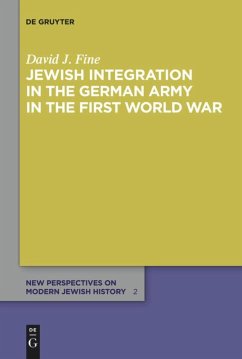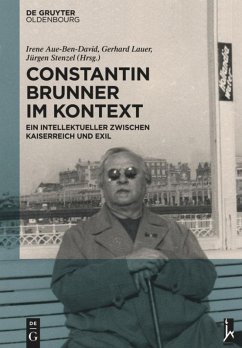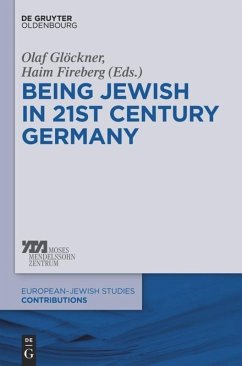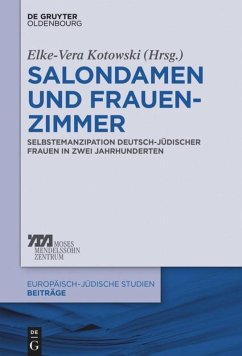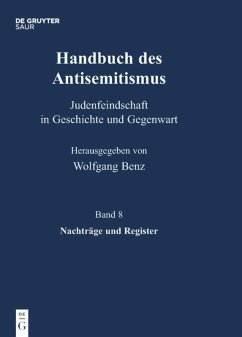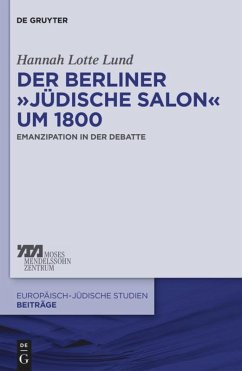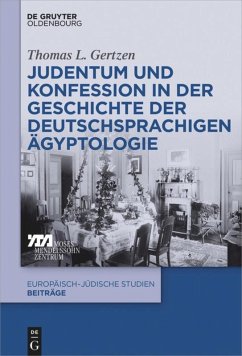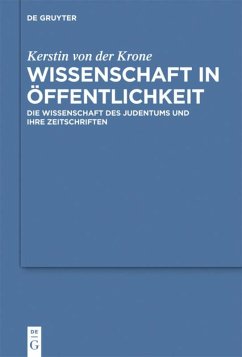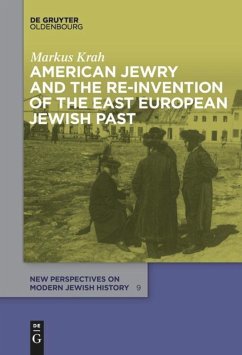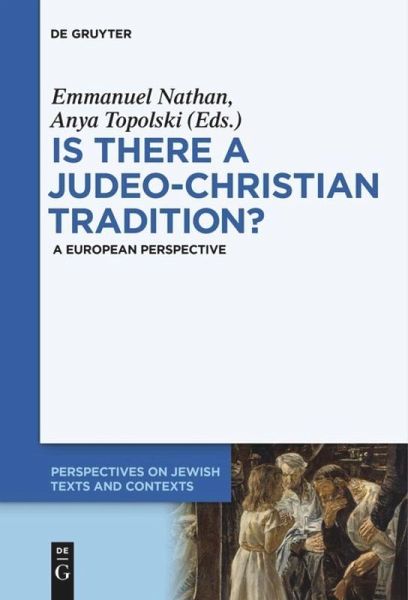
Is there a Judeo-Christian Tradition?
A European Perspective
Herausgegeben: Nathan, Emmanuel; Topolski, Anya
Versandkostenfrei!
Versandfertig in 6-10 Tagen
102,99 €
inkl. MwSt.

PAYBACK Punkte
51 °P sammeln!
The term ‘Judeo-Christian’ in reference to a tradition, heritage, ethic, civilization, faith etc. has been used in a wide variety of contexts with widely diverging meanings. Contrary to popular belief, the term was not coined in the United States in the middle of the 20th century but in 1831 in Germany by Ferdinand Christian Baur. This volume seeks to correct this misconception. By acknowledging and returning to the term’s original coinage as our starting point, this volume seeks to explore the signifier Judeo-Christian in terms of its rich and turbulent intellectual history. We are interested in four aspects of this signifier: 1) the events leading up to Baur’s 1831 coinage and the historical context of his project. 2) Pauline theology and its reception as a continuation and critical dialogue with Baur’s project. 3) Religious interactions with the term Judeo-Christian, including, but not restricted to, Christian theologians sympathetic to Judaism. 4) Its political prominence in Europe today beyond inter-faith theological circles.
The term 'Judeo-Christian' in reference to a tradition, heritage, ethic, civilization, faith etc. has been used in a wide variety of contexts with widely diverging meanings. Contrary to popular belief, the term was not coined in the United States in the middle of the 20th century but in 1831 in Germany by Ferdinand Christian Baur. By acknowledging and returning to this European perspective and context, the volume engages the historical, theological, philosophical and political dimensions of the term's development. Scholars of European intellectual history will find this volume timely and relevant.





